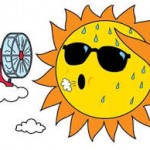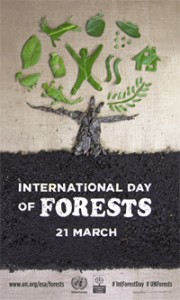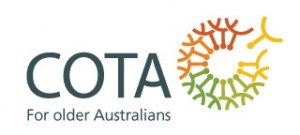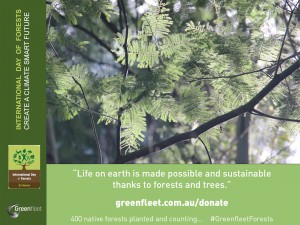 Many organisations assume that the best way to increase their impact is to scale up – get bigger, service more areas, reach more people. But what if the answer lies in thinking differently, not thinking bigger? What role will your not-for-profit organisation play in the overall solution to the problem you set out to tackle?
Many organisations assume that the best way to increase their impact is to scale up – get bigger, service more areas, reach more people. But what if the answer lies in thinking differently, not thinking bigger? What role will your not-for-profit organisation play in the overall solution to the problem you set out to tackle?
In the Stanford Social Innovation Review, Endgame Theory authors Alice Gugelev and Andrew Stern proposed six possible endgames:
- Sustained service: You keep on doing what you’ve always done. This is the default endgame for many not-for-profits – yet it’s not always the right one
- Open source: You invest in research and development, then share what works by serving as a knowledge hub for other organisations
- Replication: You demonstrate what works, then persuade other not-for-profits to deliver it
- Government adoption: You demonstrate what works, then persuade the government to deliver it
- Commercial adoption: You demonstrate what works, then persuade private companies to deliver it
- Mission achievement: You achieve your mission, and the job is done, everywhere, for all time. This only works if your mission is well defined and plausibly achievable – for example, “to eradicate malaria”.
So, if you’re a not-for-profit organisation, what’s your endgame?
The Institute of Company Directors Australia is putting on two November seminars only in Melbourne and Sydney featuring the article’s co-author, U.S.-based social entrepreneur and impact acceleration expert Alice Gugelev. More information can be obtained here.
 What a great idea! A Young Artists’ Program!
What a great idea! A Young Artists’ Program!






